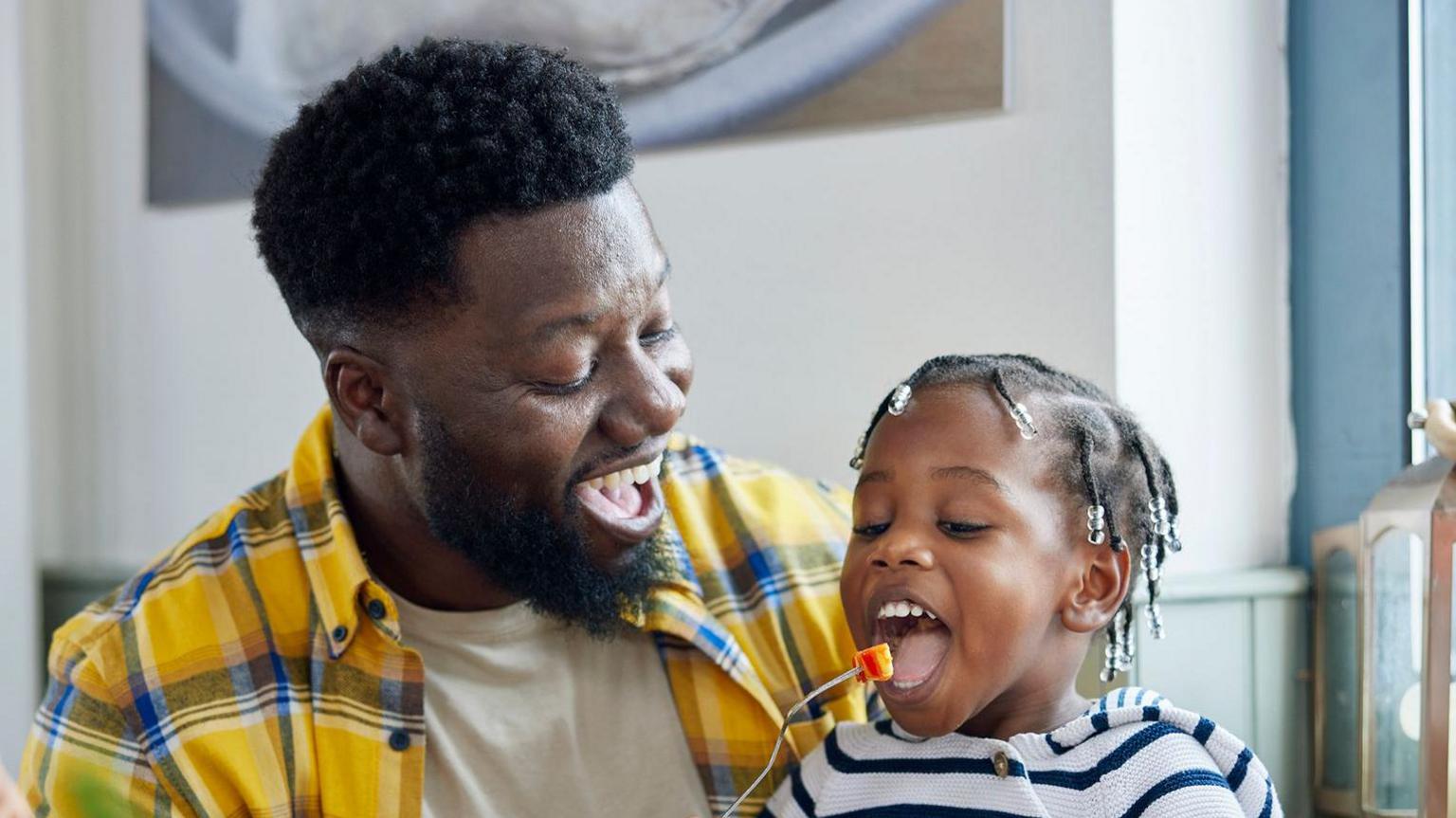'I had to teach foster parents my cultural needs'
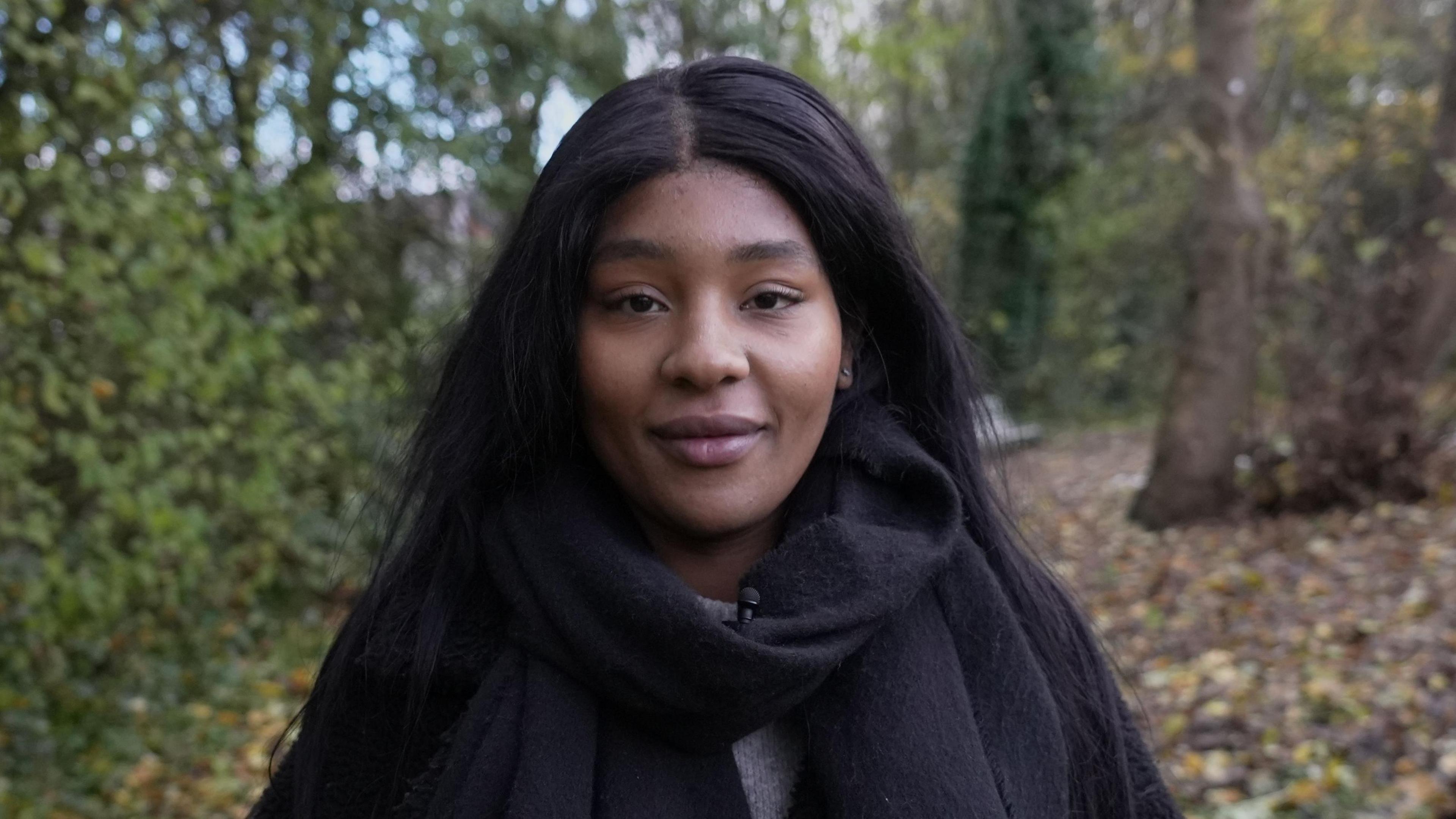
Nikita was 14 when she learnt how to care for her hair properly
- Published
A woman who grew up in care said she "lost touch with basic things" while placed with numerous foster families who differed from her cultural background.
Nikita was nine when she went into care in Birmingham, staying with 10 different families, of which only two were black.
"A lot of foster parents didn't understand my cultural needs like hair, skincare, certain foods that I eat... that was really hard," she said.
"It was more me doing the teaching about my own culture than them showing me at my age - and I found that difficult to do at nine or 10 years old."
Nikita said being placed in households so different to what she was used to led to struggles with her own identity as a child.
“I wanted to be other people, or look a certain way because of the people I was surrounded by," she said.
She was 14 when a social worker highlighted how important it was to care for afro hair properly.
“When I was offered the basic hair and skin care, I then started learning and developing and getting a better understanding of it,” she said.
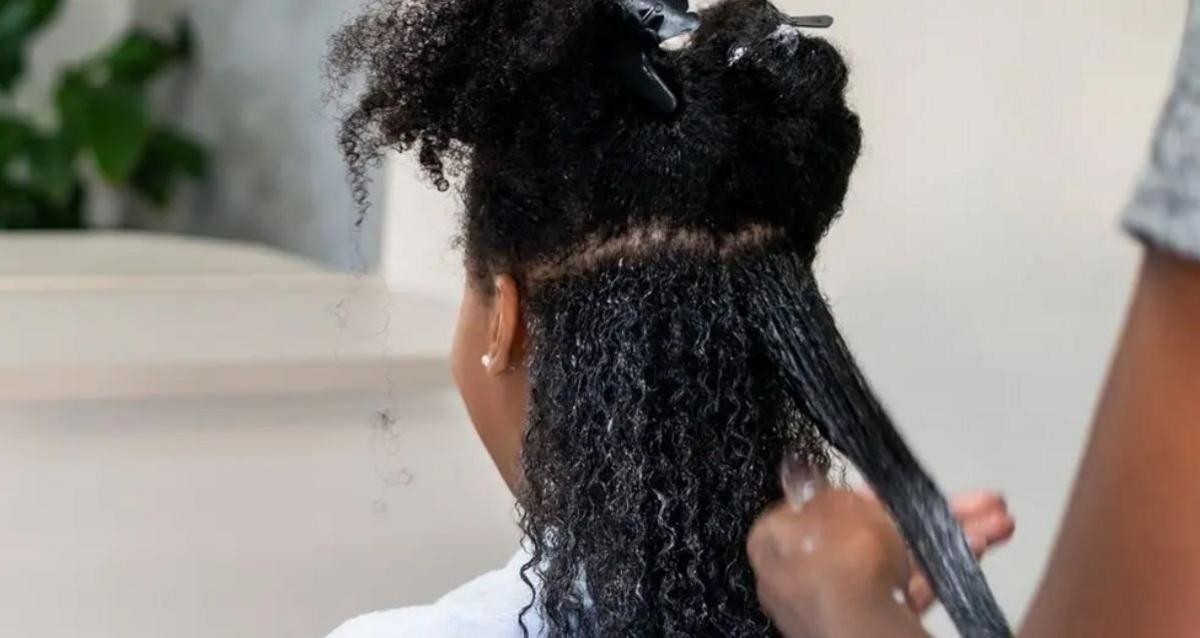
As a teenager, her social worker highlighted the importance of learning how to care for her Afro hair
Nikita works at Active Care Solutions (ACS) in Oldbury, West Midlands, an organisation that helps to match children in care with families who understand their cultural backgrounds.
Newly-released figures show the number of people choosing to foster in England is declining for the third year running.
The 2024 Fostering in England data,, external published by Ofsted, showed there were 42,615 fostering households in England, compared to 45,370 in 2021.
Organisations like ACS are trying to boost the number of foster families from black and ethnic minority backgrounds.
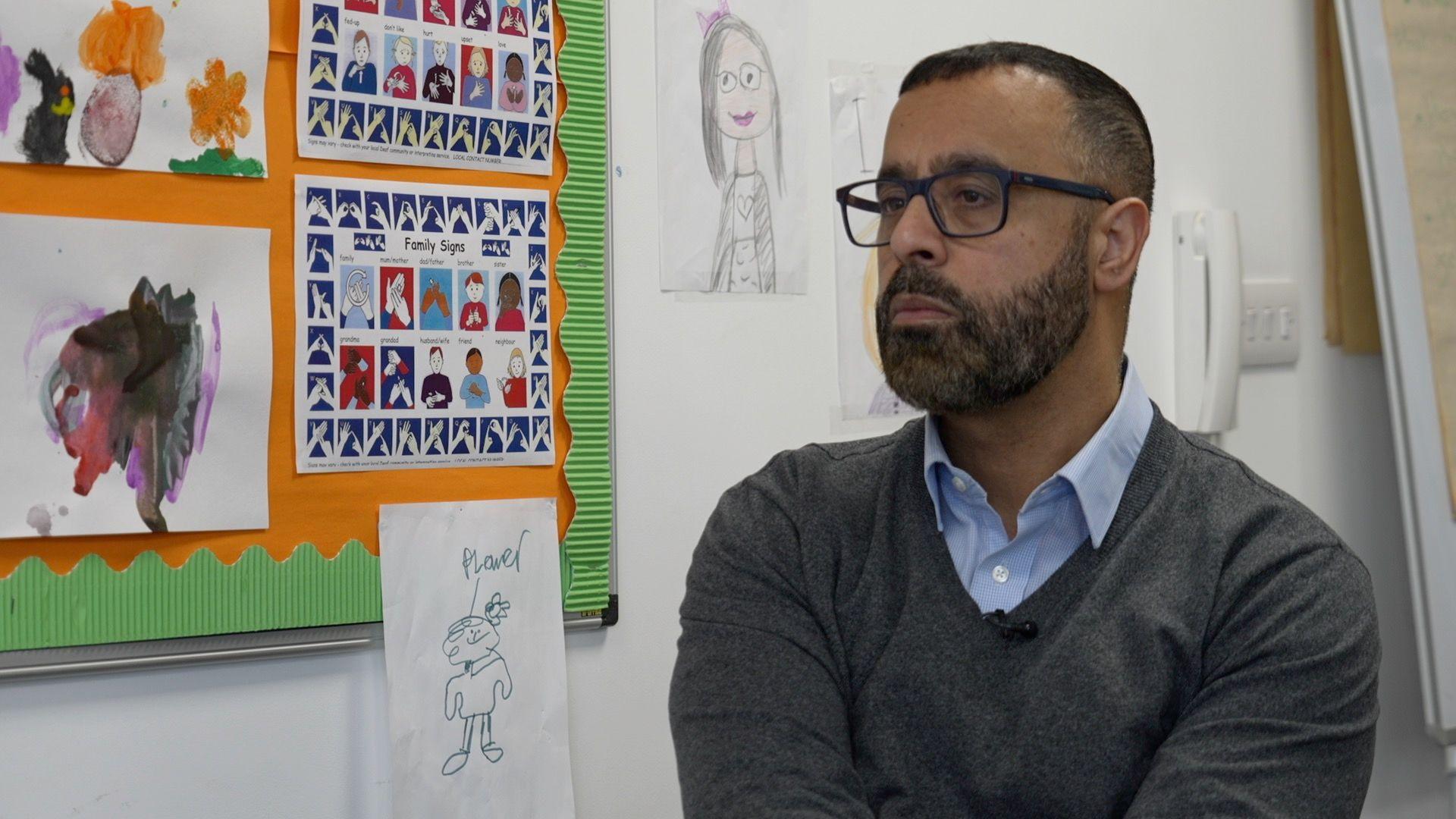
Mohammed Bashir says more awareness needs to be raised among communities
Social worker Mohammed Bashir said a lack of knowledge and understanding about fostering contributed to a shortage of families from ethnic backgrounds.
“What we did is tap into the local community and hold awareness events," he said.
"We wanted people to have the knowledge that you are able to give something back."
Foster parent Jamil Hussain said caring for children and understanding and respecting their backgrounds was important and rewarding.
“Children have these additional needs, especially from an ethnic minority - the food needs to be cooked in a certain way, the meat has to be a particular type, learning how to pray," he said.
“The family of the foster child would know that the child is in a foster home and is getting all his needs met, and at the same time it will help the foster child as he can relate back to his family."

Jamil Hussain urged families to ignore societal pressures and consider fostering
Mr Hussain said there was often a stigma attached to fostering in some communities, but that he wanted everyone to know how fulfilling it was.
“Set aside the pressures from society and your cultural issues, just put them to one side and understand that there’s children out there that need you," he said.
Get in touch
Tell us which stories we should cover in Birmingham and the Black Country
Follow BBC Birmingham on BBC Sounds, Facebook, external, X, external and Instagram, external.
Related topics
- Published12 March 2024
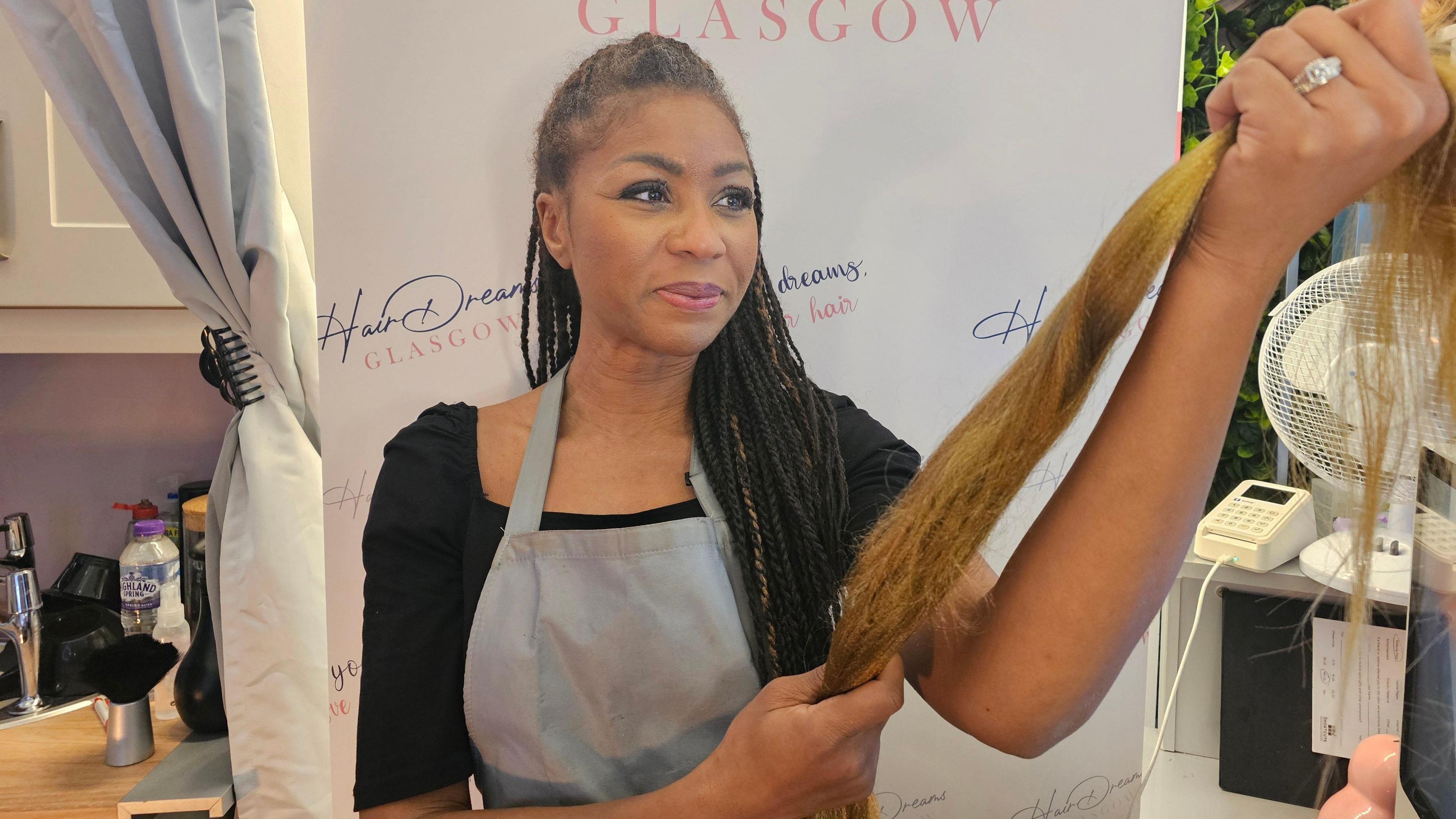
- Published11 September 2024
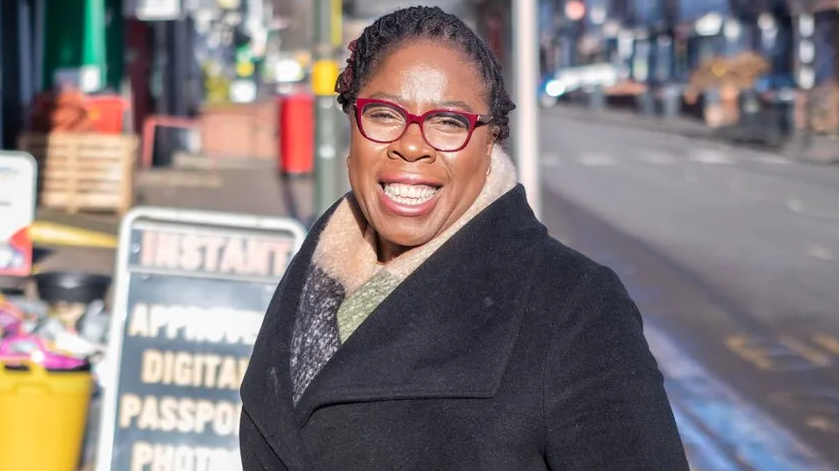
- Published18 October 2024
